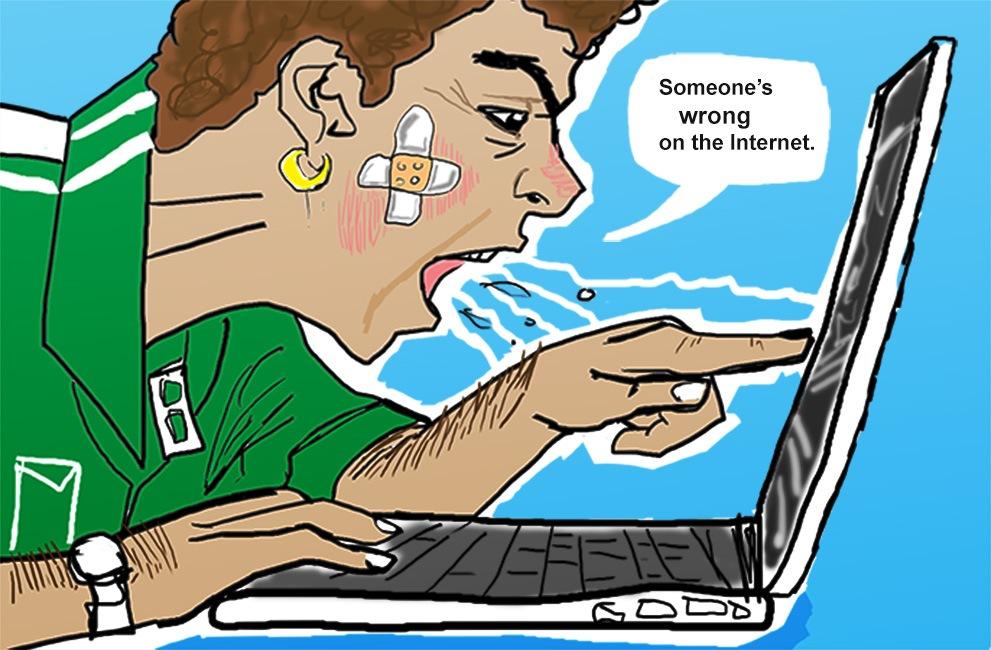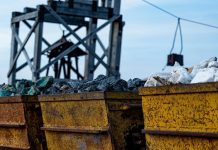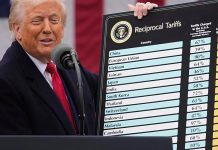Africa-Press – Lesotho. The great thing about Lesotho is the freedom of expression. Of course, there have been instances where someone got shot for saying too much about some people.
On the whole, however, one only needs a working phone, free mode data and they can start a Facebook page and call themselves a news source. This is great, it means people who could not afford the equipment to start a traditional media outfit can now be part of the profession.
What is not so great about this is that these literally means anyone. No education, no prior journalistic experience and indeed no sense are needed to start peddling news and information that affect people’s lives.
At this point the popularity of a news site seems dependent on page likes and views and not the factuality of the content being posted there. In fact, it is quite possible that these sites choose inflammatory headlines and even content in order to boost views.
People do like to see the worst of society displayed in real time. The fact is there is a reason why journalists go to school for years. There is a reason they are taught things like ethics and why there are regulatory boards and broadcasting complaints commissions the world over.
The media has been heavily regulated for years because they carry the greatest responsibility which is information. Proper news sites have researchers and editors for a reason. To fact check and verify.
Of course, it is a good thing that social media has allowed anyone with a story access to tell that story but alas, the one thing it has not provided is the knowledge of the responsibilities of telling these stories.
The repercussions that come with these stories that are often not checked for accuracy and ethicalities are often borne by other people. The consequences of reputational loss from an unverified news story about oneself unfortunately is not just monetary.
There have been studies showing the mental effects of cyber bullying and once an unverified news article is posted about a person and opened up to every Tom, Dick and Motlalepula to comment on the only thing that follows are chaos.
What follows are often shares, giving the article more traction. Checking the person out on their own timeline and leaving nasty comments there and for those who have more time than sense, actually wanting to see the person live and harassing them there.
I recently had the chance to attend a forum of Internet governance hosted by the Lesotho Chapter of the Internet Society and I could not help but wonder why we are so far back on legislation that governs the use of the internet.
Especially when we have had cases of people whose reputations have been tarnished. Sometimes beyond repair. Who could forget that Facebook page, which I shall not name for fear of my skeletons being exposed (I HAVE QUITE A FEW) which for the longest time was targeting people in government? Ministers and judges, no one was safe.
One would have thought that with their own selves being targeted. On the other site these social media news sites do have some benefits. There are cheaper to manage and run.
They do really open up the news industry to those who would otherwise have a hard time getting in even with the required talent. In a democracy as fragile as ours, they do sometimes bring forth information that bigger news corporations would be hesitant to publish for fear of losing advertisers.
They can be harder to trace in the event that those with more power than they can handle want to retaliate. So yes, we do need them. The question is just whether the good that they do outweighs the harm that they often bring about.
The other matter to consider is whether their lack of ethics and tendency to be inflammatory is a result of actual malice on their part or just a genuine lack of knowledge of journalistic practises.
Whose job then does it become to teach them journalistic standards and practises? Who must be in charge of scouring the internet in search of fake and reputationally damaging news? And most importantly what must be done to ensure that the news that is being peddled to the public is informed and ethical?
Well, there is an office somewhere on the way to the golf course who really should be more concerned about this than they currently appear to be. Although with a lack of legislation as to how the internet and social media are governed one has to understand that their hands are also tied.
The laws that were used to regulate traditional forms of media are fast becoming obsolete, in fact they have been obsolete for quite some time. We need as a country to be aiming and actively working towards a more encompassing legal framework that recognises that the way information is consumed in the digital age has changed and is continuing to change.
We also need to know that just because you have an opinion does not negate that you may have to one day stand behind the expression of that opinion in court. You therefore always have to be aware that the expression of your opinion comes with a certain level of responsibility on your part.
For More News And Analysis About Lesotho Follow Africa-Press






